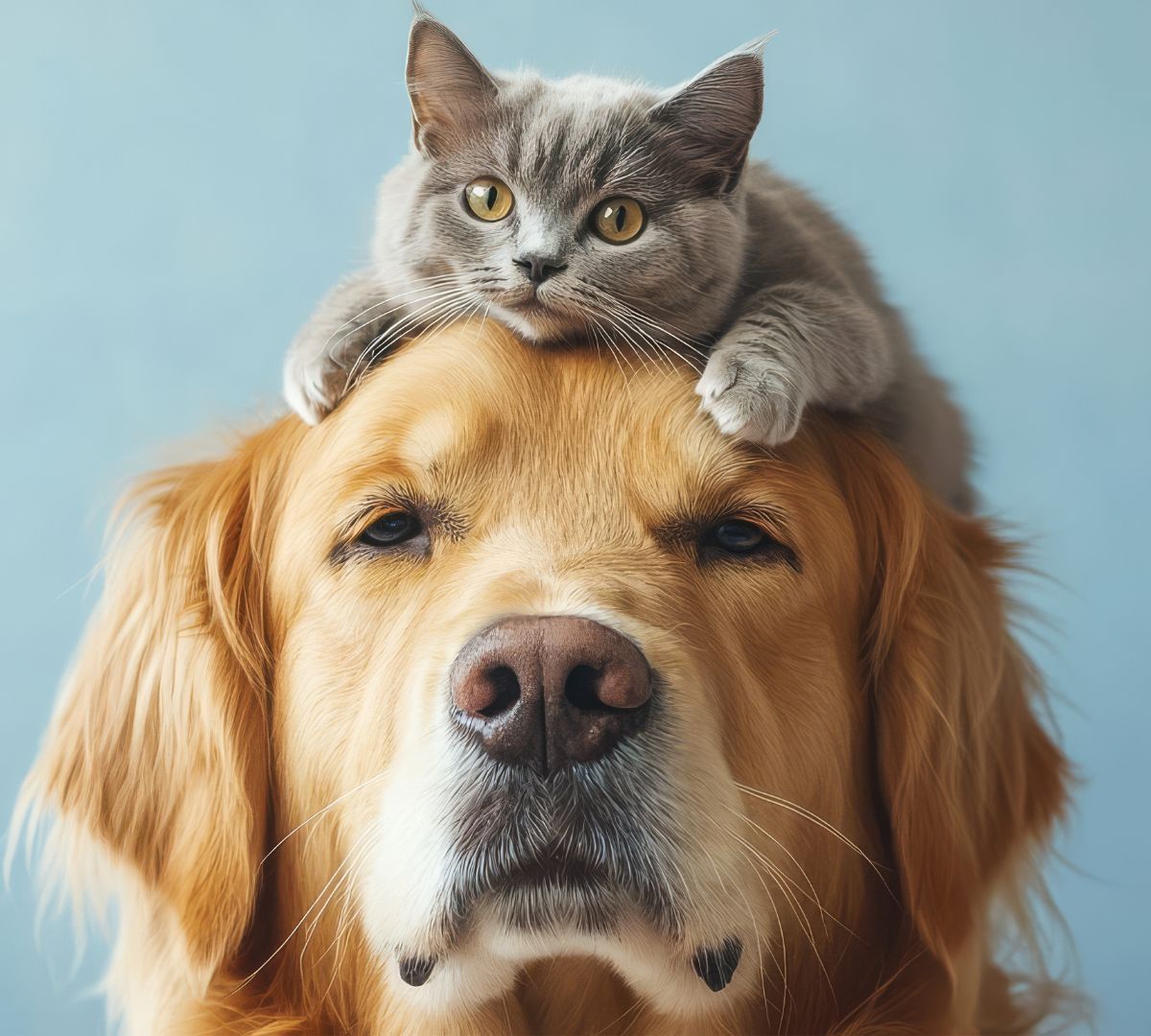
How to Safely Use Essential Oils with Pets: A Complete Guide
Essential oils can benefit your pets, but it's crucial to use them safely. Pets are more sensitive to essential oils than humans, so proper knowledge of dilution, safe oils, and diffusing practices is essential.
1. Understand Pet Sensitivities
- Pets, particularly cats and dogs, have a more sensitive sense of smell and different metabolisms, making them more prone to adverse reactions to essential oils. Cats, in particular, lack certain liver enzymes, making them less able to process oils like citrus, eucalyptus, and tea tree. For dogs, strong oils such as peppermint, clove, and cinnamon should also be avoided. Always opt for pet-safe oils.
2. Pet-Safe Essential Oils
- Certain oils are generally considered safe for use around pets in small amounts. These include:
- Lavender: Known for its calming properties, it can help reduce anxiety in both cats and dogs.
- Chamomile: This soothing oil is also safe for pets and can help with skin irritations.
- Frankincense: It has anti-inflammatory benefits and can be used to soothe minor cuts or abrasions on dogs (not cats).
3. Dilution is Critical
- Never apply essential oils directly to your pet’s skin or fur. Always dilute the oils heavily in a carrier oil, such as fractionated coconut oil or almond oil. The recommended ratio is one drop of essential oil per 50 ml of carrier oil.
- Topical Application: For dogs, lavender or chamomile oil diluted in a carrier oil can be used to calm anxiety or soothe irritated skin. However, it's safer to avoid topical applications for cats altogether due to their higher sensitivity.
4. Safe Diffusion Around Pets
- When using a diffuser around your pets, keep it in a well-ventilated space where they can easily move away from the area if they are uncomfortable. Avoid diffusing oils in enclosed spaces like small rooms.
- Diffuse for 30-60 minutes at a time and always ensure your pets have access to fresh air.
- Avoid Strong Oils: Diffusing strong oils like tea tree, eucalyptus, or citrus oils can overwhelm pets and cause respiratory issues. Stick to calming oils like lavender in low concentrations.
5. Monitor for Adverse Reactions
- If you’re using essential oils around pets, keep an eye out for signs of irritation or toxicity. Common symptoms of essential oil exposure in pets include drooling, difficulty breathing, lethargy, or vomiting. If you notice these signs, discontinue use immediately and consult your vet.
6. Oils to Avoid with Pets
- Certain oils are known to be toxic to pets and should be avoided entirely:
- Tea Tree Oil: Toxic to both cats and dogs, even in small amounts.
- Citrus Oils (Lemon, Orange, Bergamot): Harmful to pets, especially cats.
- Peppermint and Eucalyptus: Can cause respiratory issues and toxicity in pets.
- Clove and Cinnamon: These can cause skin irritations and more severe reactions in both cats and dogs.
7. Consult Your Veterinarian
- Before introducing essential oils into your pet’s environment, it’s important to consult with your veterinarian. They can provide guidance on safe usage, particularly for pets with pre-existing health conditions or those that are pregnant.
Conclusion
Essential oils can be a wonderful addition to your pet's wellness routine if used safely. Always opt for pet-friendly oils, dilute them properly, and keep your pets' unique sensitivities in mind. Be cautious with direct application and diffusing, and if in doubt, consult your vet to ensure the safety of your furry friends.



